Your liver works tirelessly behind the scenes, filtering toxins, aiding digestion, and keeping your energy levels steady. But when it’s under stress, it can send subtle signals that something’s off—signals that are easy to overlook until they become serious. Recognizing these early warning signs can empower you to take action and support your liver health before bigger issues arise. Let’s explore 15 common signs your liver might need attention, backed by science, so you can stay proactive about your wellness.
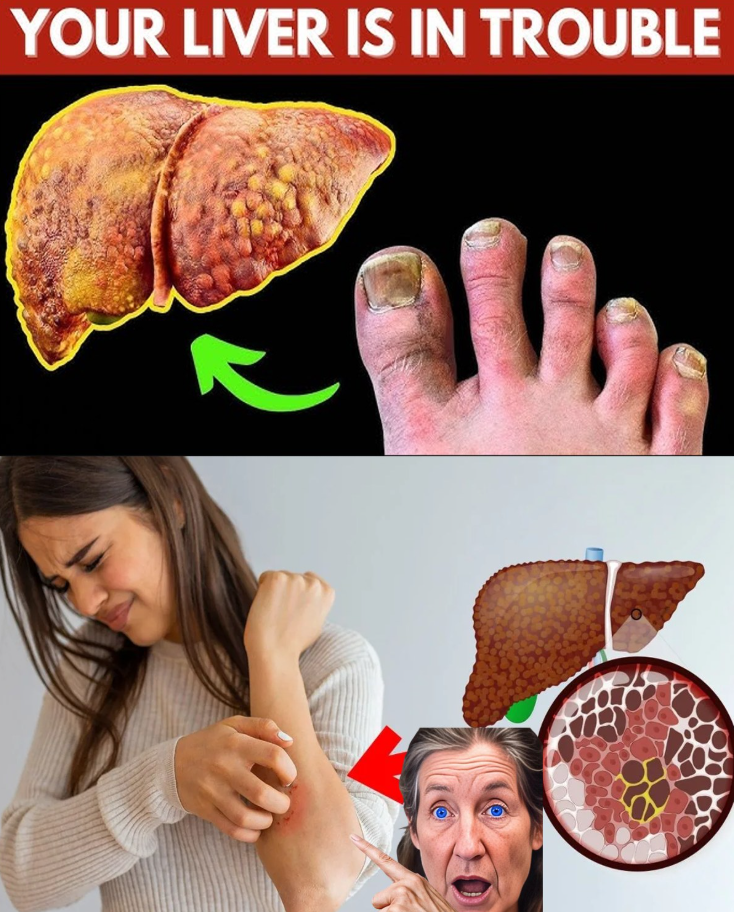
Why Your Liver Health Matters
The liver is your body’s powerhouse, performing over 500 functions, including detoxifying blood, producing bile for digestion, and storing essential nutrients, according to the Mayo Clinic. When it’s not functioning optimally, it can affect your overall health, leading to fatigue, digestive issues, or more serious conditions. Catching early signs of liver stress allows you to make lifestyle changes or seek medical advice sooner, which can make a big difference in long-term wellness.
Common Early Warning Signs of Liver Stress
Here are 15 signs that may indicate your liver is struggling, based on insights from trusted sources like WebMD and Harvard Health. If you notice several of these, it’s worth discussing with your doctor.
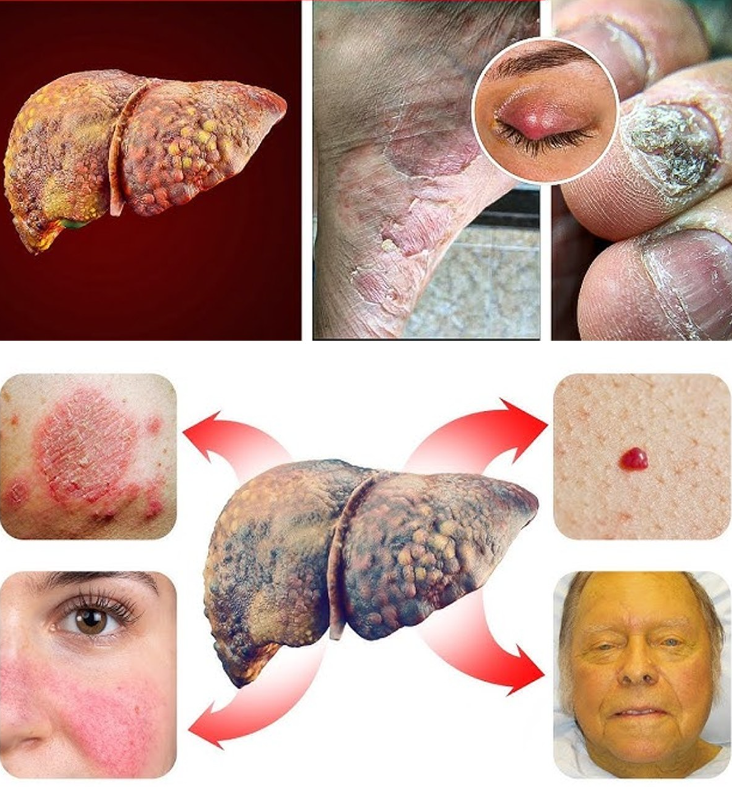
1. Persistent Fatigue
Feeling unusually tired, even after rest, could point to liver issues. A 2017 study in the Journal of Hepatology suggests that liver dysfunction can disrupt energy metabolism, leaving you drained. If fatigue lingers despite good sleep, your liver might be signaling for help.
2. Yellowing Skin or Eyes (Jaundice)
A yellowish tint to your skin or the whites of your eyes is a classic sign of liver trouble. Jaundice occurs when the liver can’t process bilirubin, a waste product, per the CDC. This symptom warrants immediate medical attention.
3. Dark Urine
Urine that’s consistently dark, even when you’re hydrated, may indicate liver issues. Excess bilirubin can darken urine, according to WebMD. Keep an eye out if this persists alongside other symptoms.

4. Pale or Clay-Colored Stools
Your liver produces bile, which gives stools their brown color. If stools are pale or clay-like, it could mean bile production is off, a potential sign of liver stress, notes the Mayo Clinic.
5. Itchy Skin
Unexplained itching, especially on your hands or feet, may be linked to liver problems. A 2019 study in Hepatology found that bile buildup in the skin can cause itching when the liver isn’t functioning properly.
6. Abdominal Pain or Swelling
Discomfort or bloating in the upper right abdomen, where the liver sits, could signal inflammation or fluid buildup. Harvard Health advises consulting a doctor if this persists.
7. Loss of Appetite
If you’re not hungry or feel full quickly, your liver might be struggling to produce bile for digestion. This can lead to nausea or disinterest in food, per the CDC.
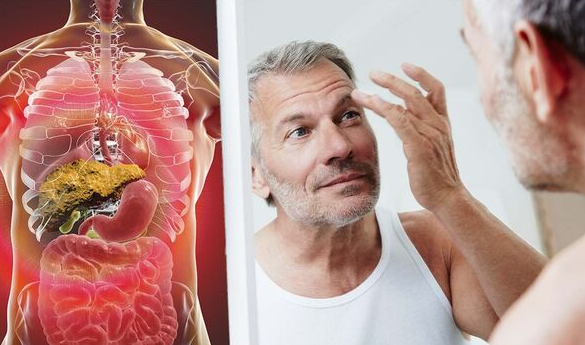
8. Unexplained Weight Loss
Losing weight without trying could be a red flag. A 2020 study in Gastroenterology linked unintentional weight loss to liver dysfunction in some cases.
9. Easy Bruising or Bleeding
The liver produces proteins that help blood clot. If you bruise easily or notice frequent nosebleeds, it might indicate reduced liver function, according to WebMD.
10. Chronic Indigestion
Frequent heartburn, bloating, or greasy stools after meals may suggest your liver isn’t producing enough bile to break down fats, per Harvard Health.
11. Confusion or Memory Issues
A struggling liver can allow toxins to build up in the blood, affecting brain function. This can cause forgetfulness or trouble focusing, known as hepatic encephalopathy, notes the Mayo Clinic.
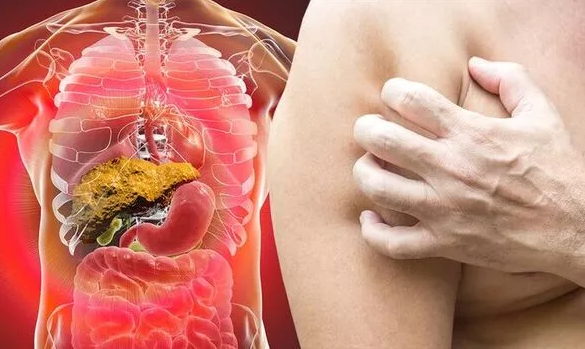
12. Swelling in Legs or Ankles
Fluid retention causing swollen legs or ankles may point to liver issues. The liver’s role in regulating blood flow can be disrupted, leading to edema, per the CDC.
13. Spider-Like Blood Vessels
Small, spider-shaped veins on the skin, especially on the face or chest, can indicate liver stress. These occur due to changes in blood flow, according to a 2018 Liver International study.
14. Hormonal Imbalances
The liver helps regulate hormones. Signs like irregular periods in women or reduced libido in men may suggest liver dysfunction, per WebMD.
15. Frequent Nausea
Feeling queasy, especially after fatty meals, could mean your liver is struggling to process fats, notes Harvard Health. Persistent nausea should be checked out.
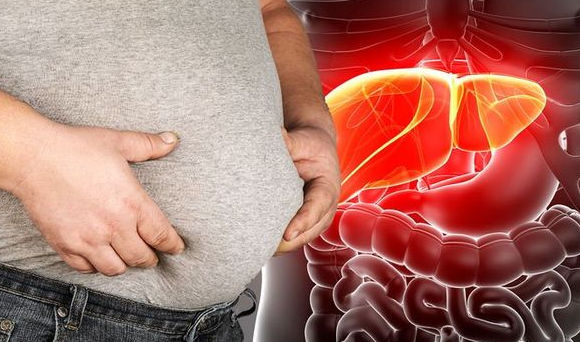
How to Support Your Liver Health
If you notice these signs, don’t panic—small changes can help support your liver. Here are practical, evidence-based tips:
- Eat a Balanced Diet: Focus on fruits, vegetables, whole grains, and lean proteins. Limit processed foods and saturated fats, per the CDC.
- Stay Hydrated: Drink plenty of water to help your liver flush toxins.
- Limit Alcohol: Excessive alcohol can harm the liver. Stick to moderate amounts—up to one drink daily for women, two for men, per Mayo Clinic guidelines.
- Exercise Regularly: Aim for 150 minutes of moderate activity weekly, like walking, to support overall health.
- Avoid Toxins: Reduce exposure to chemicals in cleaning products or pesticides, which can stress the liver, notes WebMD.
Share these tips with a friend who wants to keep their liver healthy, too!
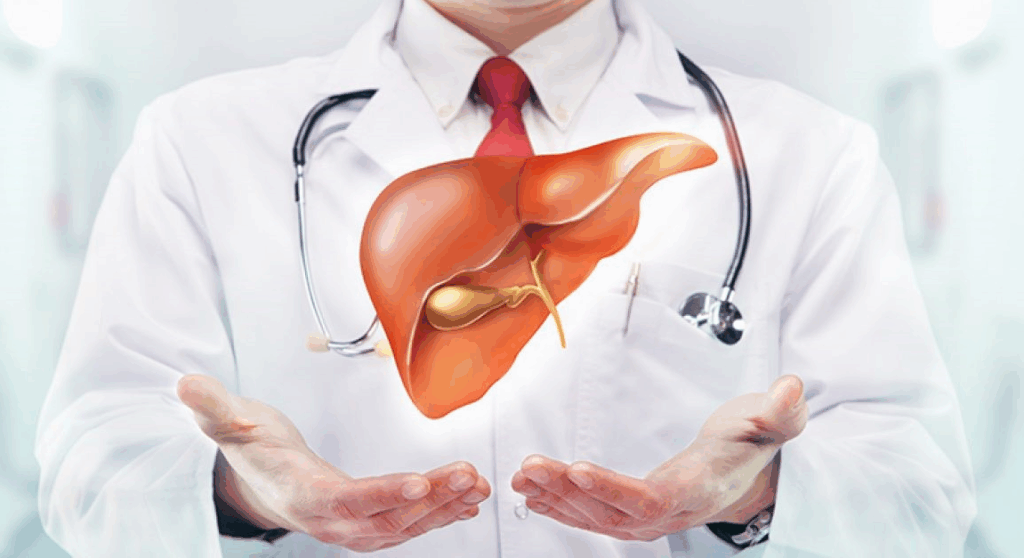
When to See a Doctor
While some signs may be mild, others—like jaundice, severe pain, or confusion—require urgent care. If you experience multiple symptoms or they worsen, contact your healthcare provider. Blood tests or imaging can assess liver function, per the Mayo Clinic. Early action can prevent complications and give you peace of mind.
Why Early Detection Matters
Catching liver issues early can make a huge difference. A 2021 study in The Lancet found that early intervention in liver conditions improved outcomes by up to 50%. By staying aware of these warning signs and making healthy choices, you’re taking control of your wellness. Have a favorite liver-healthy food or habit? Comment below—we’d love to hear from you!
Conclusion
Your liver is a vital organ, and paying attention to its early warning signs can help you stay healthy and energized. From fatigue to jaundice, these 15 symptoms are your body’s way of asking for care. By adopting liver-friendly habits and seeking medical advice when needed, you can support your liver for years to come. Explore more health tips on our site to keep your wellness journey going strong!
Disclaimer
This article is for informational purposes only and does not substitute professional medical advice. Consult your doctor before making health changes.